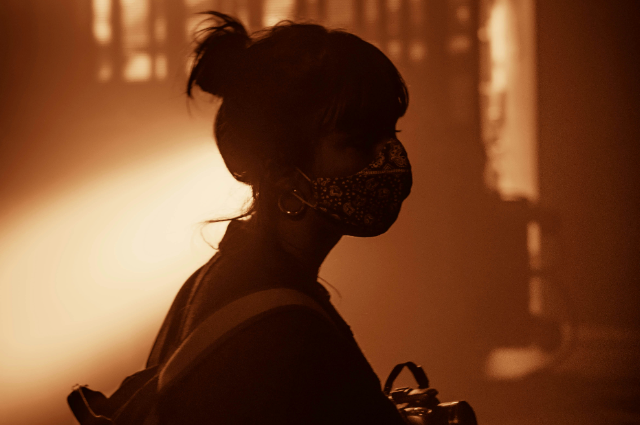
Photo by Danny Lines on Unsplash
In December 2019, the coronavirus made its first appearance in Wuhan, China. On March 11, 2020, the World Health Organization (WHO) declared COVID-19 a global pandemic during a virtual press conference, coinciding with the festival of Holi. The usual fervor of celebrations was replaced by a somber awareness of the impending crisis.
As a student of biology, I had some understanding of viruses and their potential dangers. The news about the highly contagious coronavirus was disconcerting. At that time, no vaccine existed, and medical professionals were grappling with uncertainty, each patient exhibiting unique symptoms depending on the variant.
March 23, 2020, marked a significant turn of events when Prime Minister Narendra Modi imposed a 21-day lockdown in an effort to break the chain of transmission. Initially unfamiliar with the concept, I soon realized the gravity of the situation. Despite its negative impact, the lockdown was deemed essential to curb the virus's spread, bringing economic activities to a standstill.
The lockdown, an unprecedented measure for many, transformed homes into sanctuaries. Initially challenging, the adjustment to confinement felt like being a prisoner or a caged bird. The bustling city of Mumbai came to a standstill with travel restrictions, closed establishments, and halted economic activities.
COVID-19 prompted a seismic shift in our lives. Those afflicted with the virus faced days of battling various symptoms, including fever, fatigue, loss of smell and taste, and breathlessness. I, too, experienced the painful journey of contracting and recovering from COVID-19.
The pandemic was likened to a tsunami or World War-3, causing widespread destruction and claiming countless lives globally. Witnessing the devastation initially led to feelings of depression, but a determination to confront the situation with resilience emerged. Doctors were hailed as true warriors during this crisis.
The lockdown prompted personal transformations. Adapting to online education and activities became the new norm, even though it lacked the effectiveness and interactivity of traditional methods. Despite challenges, people discovered new skills and hobbies, fostering connections through video calls and adapting to online shopping.
The pandemic prompted environmental changes as well. With reduced human activities, deforestation, air and water pollution, and noise pollution decreased. However, the toll on human lives was immense, with job losses, economic downturns, and mental health challenges reaching unprecedented levels.
Wearing masks, using sanitizer, and maintaining social distancing became integral to daily life. The Co-win app facilitated vaccine registration and appointments, acknowledging the commendable efforts of organizations like the Serum Institute of India and Bharat Biotech.
Reflecting on the impact of COVID-19, it is evident that resilience is a key lesson learned. The ability to stay strong and bounce back in the face of adversity became crucial. As Kahlil Gibran aptly said,
"Out of most sufferings emerged the strongest souls; the most massive characters are seared with scars."
